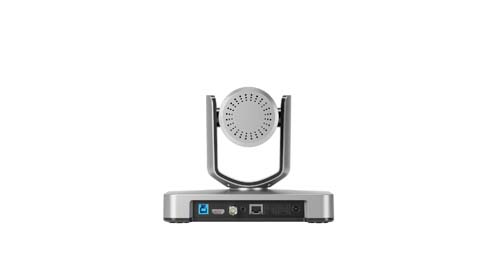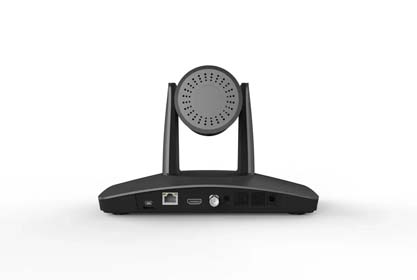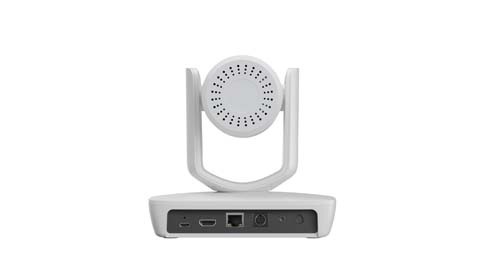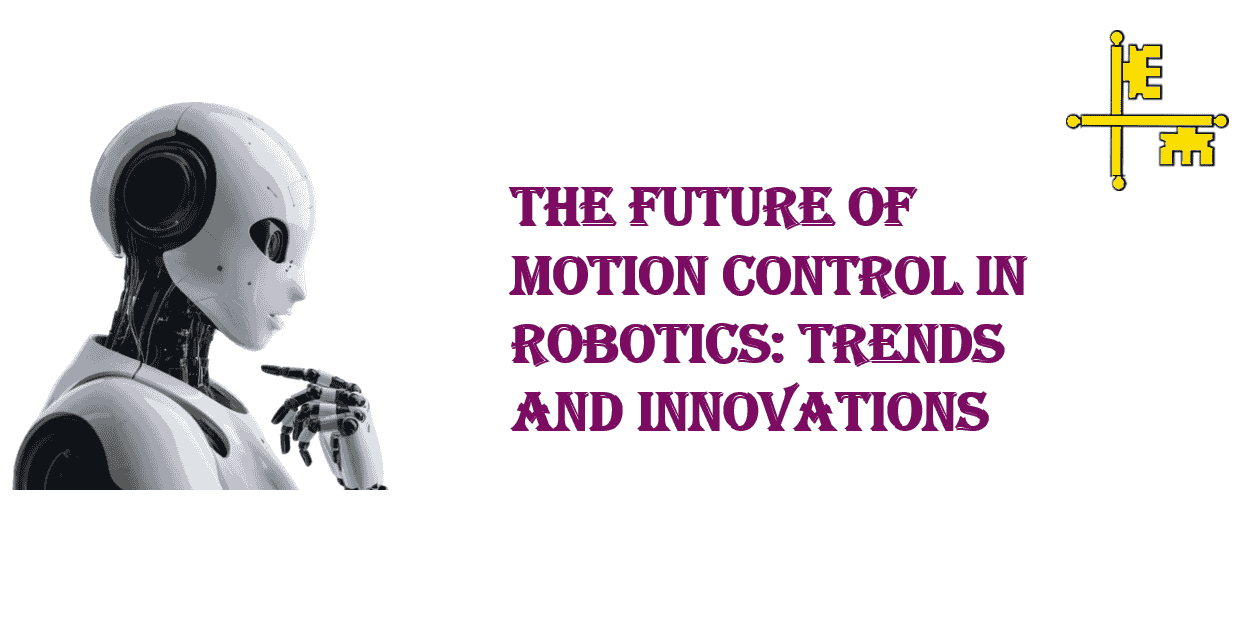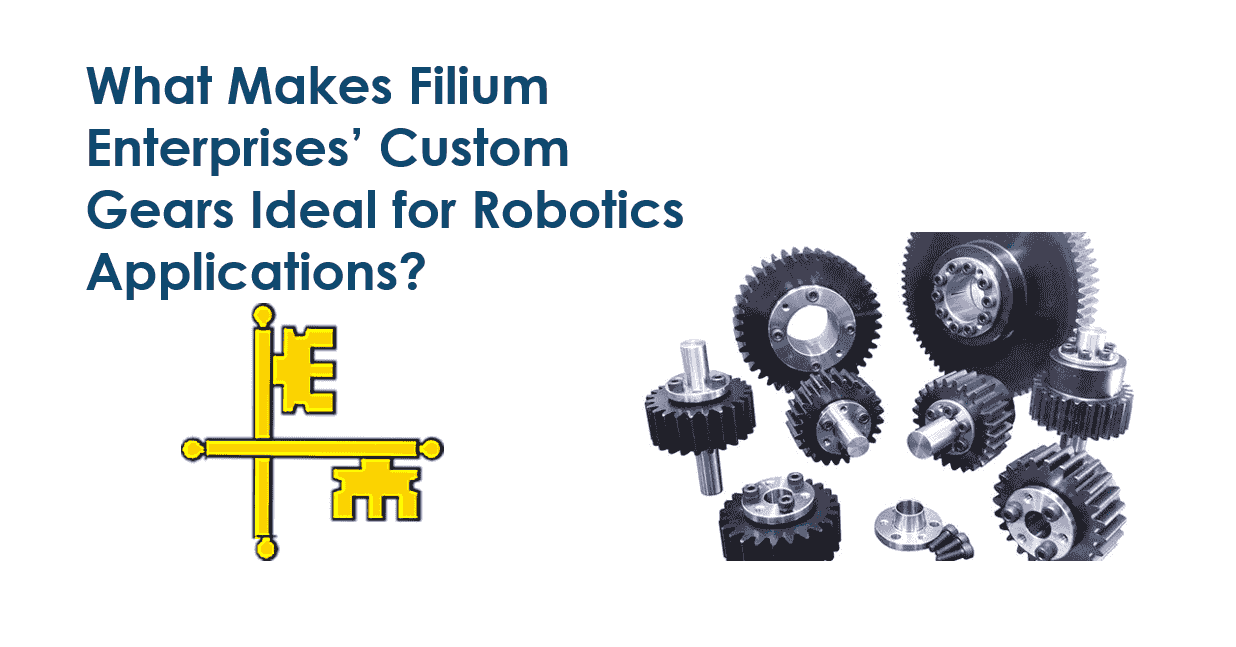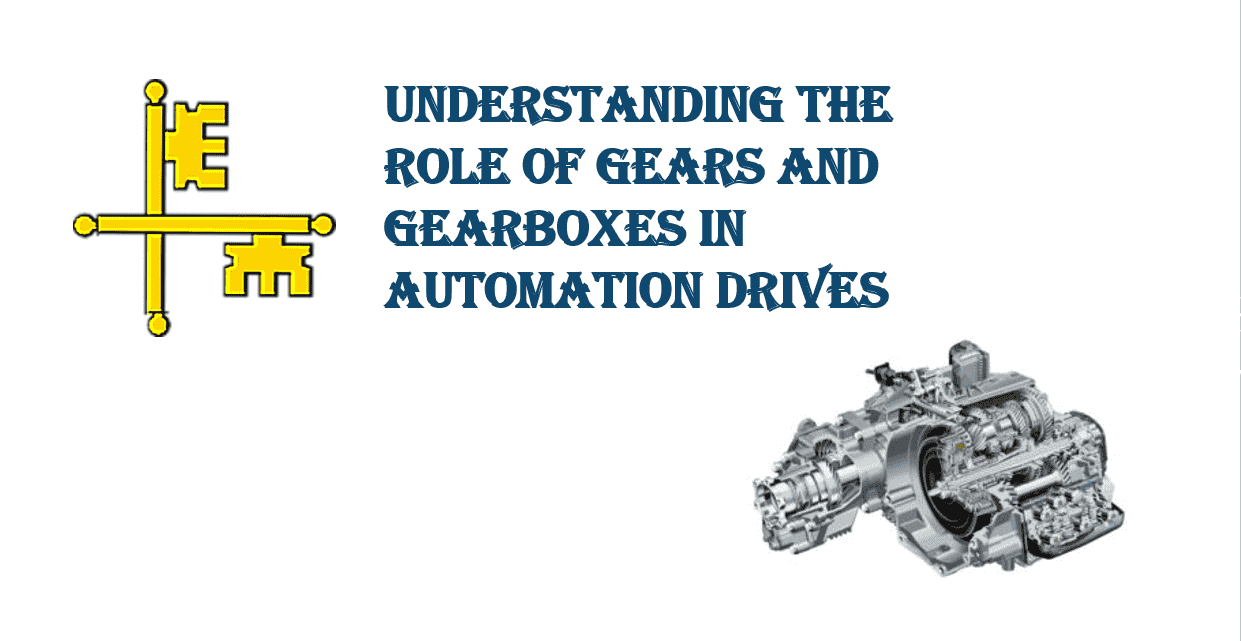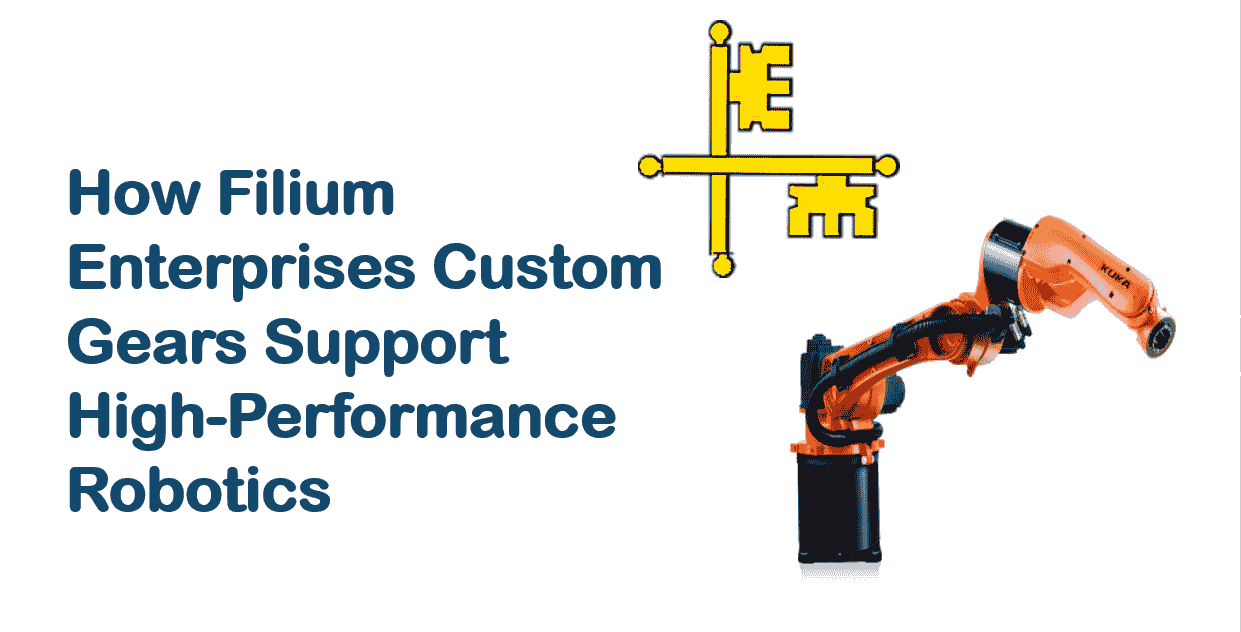How Filium Enterprises Ensures Quality Control in PHP Development Projects
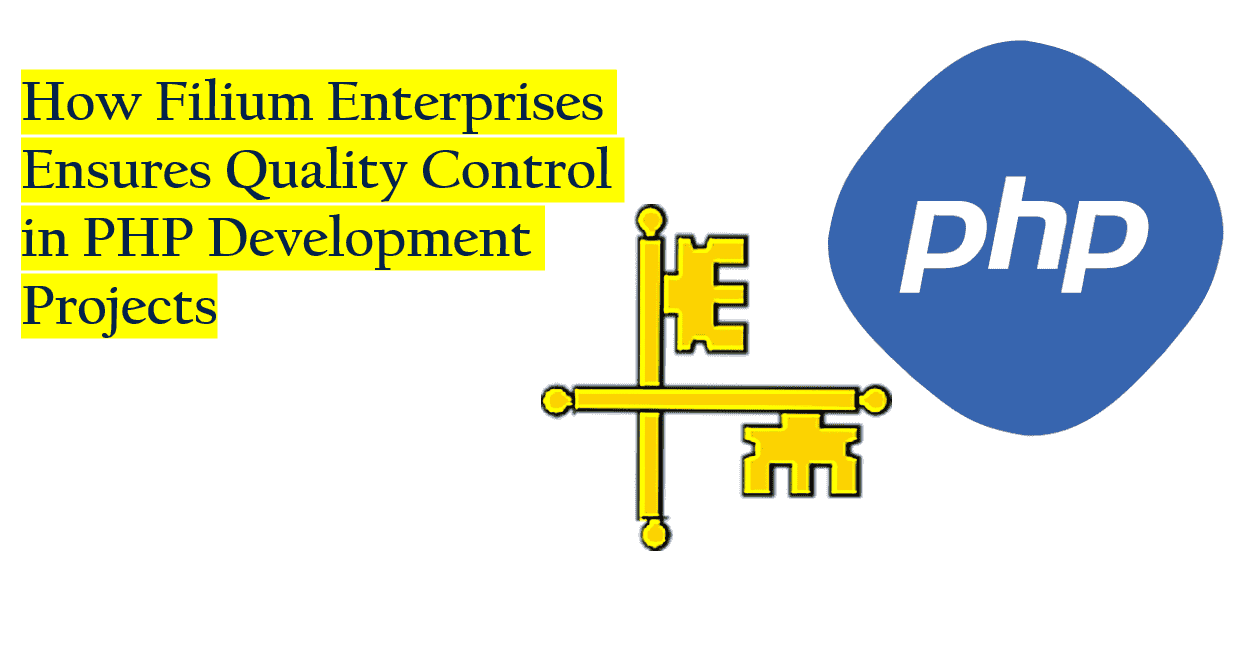
How Filium Enterprises Ensures Quality Control in PHP Development Projects
In today’s fast-paced digital landscape, delivering high-quality web applications and solutions is crucial for businesses to maintain a competitive edge. PHP, as one of the most widely used server-side scripting languages, plays a pivotal role in powering dynamic websites and applications. However, developing robust, secure, and scalable PHP applications requires more than just coding expertise—it demands stringent quality control measures throughout the development lifecycle.
Filium Enterprises is known for its commitment to delivering exceptional PHP development services, ensuring that every project meets the highest standards. In this article, we will explore the quality control measures Filium Enterprises employs to guarantee that clients receive the best possible results from their PHP development projects.
Table of Contents
- Introduction
- Comprehensive Requirement Analysis
- Adherence to Coding Standards and Best Practices
- Automated Testing and Continuous Integration
- Code Reviews and Pair Programming
- Manual Testing and Quality Assurance (QA)
- Security Audits and Vulnerability Scanning
- Post-Launch Monitoring and Support
- Conclusion
1. Comprehensive Requirement Analysis
Quality control starts even before the development process begins. Filium Enterprises takes a meticulous approach to understanding client requirements through detailed consultations. By gathering and analyzing the project scope, business goals, and user expectations, the development team ensures that every aspect of the project is aligned with the client’s vision. This initial step helps to avoid costly changes later in the development cycle and sets the foundation for high-quality results.
2. Adherence to Coding Standards and Best Practices
One of the cornerstones of Filium Enterprises' quality control process is strict adherence to PHP coding standards and industry best practices. Using well-established frameworks such as Laravel, Symfony, or Zend, the development team ensures that the codebase is clean, organized, and easily maintainable. By following these standards, the team ensures consistency across the project, reduces the risk of bugs, and enhances the scalability of the application.
In addition to adhering to PHP-specific guidelines, the team follows other relevant coding standards, including:
- PSR (PHP Standards Recommendations) for autoloading and naming conventions.
- DRY (Don’t Repeat Yourself) principle to minimize code duplication.
- SOLID principles for creating more robust and flexible software.
By incorporating these principles into every project, Filium Enterprises guarantees that the code is not only functional but also optimized for long-term sustainability.
3. Automated Testing and Continuous Integration
Automated testing is an essential part of Filium Enterprises' quality control process. The company uses various automated testing tools and frameworks, such as PHPUnit, Codeception, and Selenium, to ensure the functionality, reliability, and security of PHP applications. These tests are run at multiple stages of the development process to detect potential issues early on, minimizing the risk of bugs making their way into the final product.
Continuous Integration (CI) and Continuous Deployment (CD) practices are also an integral part of Filium Enterprises' development workflow. Every time a developer commits code, automated tests are run to validate the changes and ensure that new features or bug fixes do not disrupt the overall functionality of the application. This proactive approach helps identify and resolve issues quickly, reducing the risk of downtime and enhancing the overall quality of the project.
4. Code Reviews and Pair Programming
Peer reviews and collaborative coding practices are key components of Filium Enterprises' approach to ensuring code quality. The company emphasizes the importance of code reviews as a way to maintain high standards and minimize errors. Each piece of code undergoes rigorous scrutiny from senior developers to ensure that it is functional, efficient, and adheres to the best practices.
Pair programming, a technique where two developers work together on the same piece of code, is also regularly used. This method not only helps in knowledge sharing but also ensures that code is written with fewer errors, as the second pair of eyes can spot issues in real time. This collaborative approach fosters a culture of continuous learning and improvement within the development team.
5. Manual Testing and Quality Assurance (QA)
While automated testing is crucial, Filium Enterprises understands the value of manual testing in identifying issues that automated tests may miss. The company has a dedicated Quality Assurance (QA) team that conducts thorough manual testing, including functional testing, usability testing, and performance testing.
The QA team uses a variety of testing techniques, such as:
- Regression testing to ensure that new code does not break existing functionality.
- Performance testing to evaluate how the application performs under different loads and identify bottlenecks.
- Security testing to check for vulnerabilities that could compromise the application's integrity.
Manual testing is performed in parallel with automated tests to ensure a more comprehensive evaluation of the application’s quality and performance.
6. Security Audits and Vulnerability Scanning
In today’s cyber environment, security is paramount. Filium Enterprises incorporates robust security measures into every PHP development project to ensure that the final product is secure against common vulnerabilities. The development team follows the OWASP (Open Web Application Security Project) guidelines to safeguard against threats like SQL injection, XSS (Cross-Site Scripting), CSRF (Cross-Site Request Forgery), and other malicious attacks.
Additionally, the team regularly conducts security audits and vulnerability scanning using tools like SonarQube and OWASP ZAP to identify any weaknesses in the application’s codebase. By proactively addressing security concerns, Filium Enterprises ensures that clients' applications are both secure and reliable.
7. Post-Launch Monitoring and Support
Quality control doesn’t end once the PHP application is deployed. Filium Enterprises offers post-launch monitoring to track the performance and health of the application in real-world conditions. This ongoing support allows the company to quickly address any issues that arise after deployment, ensuring that the application continues to perform optimally.
Filium Enterprises also offers regular updates and maintenance services to ensure that the application remains up-to-date with the latest security patches and technology advancements.
Conclusion
Filium Enterprises stands out as a leader in PHP development due to its unwavering commitment to quality control. Through a combination of thorough requirement analysis, adherence to coding standards, automated testing, manual QA, and security audits, Filium ensures that every PHP project meets the highest standards of performance, security, and functionality. By implementing these rigorous quality control measures, Filium Enterprises guarantees that its clients receive not only exceptional PHP development services but also reliable and scalable solutions that drive business success.
If you're looking for a PHP development partner who prioritizes quality at every stage, Filium Enterprises is the ideal choice.
Related Products
1. Popularity of PHP in Web Development
- PHP Powers 79% of Websites: According to W3Techs, PHP is used by 79% of all websites whose server-side programming language is known, making it one of the most dominant languages in web development.
- PHP Framework Usage: Popular PHP frameworks like Laravel and Symfony are used by over 60% of PHP developers globally (source: Stack Overflow Developer Survey 2021).
2. Importance of Quality Control in Web Development
- Cost of Fixing Bugs: According to a study by the Cost of Quality report, fixing a bug during the development phase can cost 15 to 100 times less than fixing it after release. This highlights the importance of implementing early and thorough quality control measures.
- Bugs in Software: The IEEE Software journal states that software defects cost the global economy $2.8 trillion every year, underscoring the importance of testing and quality control throughout development to minimize errors.
3. Benefits of Automated Testing in PHP Development
- Test Automation ROI: According to a 2018 World Quality Report, companies that adopted automated testing reported a 20%-40% reduction in testing time and saw up to 30% faster deployment times due to early bug detection.
- PHP Test Coverage: In PHP development, using tools like PHPUnit can increase code quality by offering more than 80% test coverage for many well-maintained open-source projects, improving code reliability and reducing future defects.
4. Impact of Continuous Integration (CI) and Continuous Deployment (CD)
- Improved Code Quality: A 2019 State of DevOps report found that teams who adopt continuous integration and continuous delivery (CI/CD) practices are 46% more likely to have high-performing codebases with fewer bugs and security vulnerabilities.
- Faster Development: According to CircleCI's Developer Survey 2020, 70% of developers who use CI/CD pipelines report that these practices accelerate product development, allowing for quicker time-to-market and more frequent releases.
5. Code Review and Collaboration
- Peer Review Reduces Bugs by 80%: A study by SmartBear found that peer code reviews help identify 80% of bugs before code is merged into the main repository. Regular code reviews significantly improve the overall quality of software and reduce the time needed for bug fixes in later stages.
- Pair Programming: According to a study published in IEEE Transactions on Software Engineering, teams practicing pair programming (where two developers work together on the same task) achieve up to a 15% improvement in code quality compared to solo coding.
6. The Growing Importance of Security in PHP Development
- OWASP Top 10 Vulnerabilities: The OWASP Foundation's 2021 report highlights that Injection Attacks (such as SQL injection) remain one of the top vulnerabilities in web applications, making security audits essential for PHP developers.
- PHP Security Vulnerabilities: According to PHP Security Best Practices, nearly 70% of PHP security vulnerabilities are related to outdated code, which is why regular security audits and vulnerability scanning are critical to ensure the safety of PHP applications.
7. Post-Launch Monitoring and Ongoing Maintenance
- Application Downtime: A Gartner report found that unplanned downtime costs businesses on average $5,600 per minute, making post-launch monitoring and maintenance a critical step in ensuring that PHP applications continue to perform optimally after deployment.
- User Retention and Application Performance: According to a report by Google, 53% of mobile users abandon a site if it takes more than 3 seconds to load. This highlights the importance of performance testing and continuous monitoring of PHP applications after launch.
Conclusion
These facts and statistics not only emphasize the growing reliance on PHP for web development but also highlight the critical role quality control measures play in ensuring successful, high-performing, and secure applications. By adopting industry best practices such as automated testing, continuous integration, code reviews, and security audits, companies like Filium Enterprises can significantly reduce errors, enhance user satisfaction, and provide reliable solutions that meet clients' business objectives.
